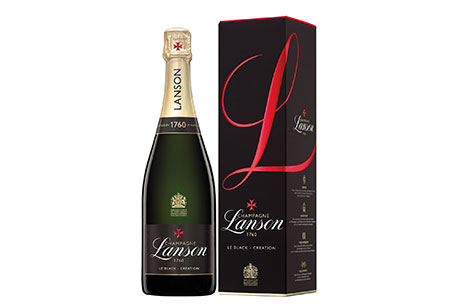Travel and shopping intent shifting on ‘long road to recovery’, m1nd-set finds
By Luke Barras-hill |

Forty percent of travellers suggest they would visit airport shops when travel restrictions are lifted, according to a special report from m1nd-set gauging how shopping and travel habits have been impacted by Covid-19.
Just shy of two thirds of passengers (62%) say they will avoid interacting with sales staff in duty free shops when travel resumes, research from m1nd-set has indicated.
A report collated during the first half of April among 1,500 travellers in the Swiss research firm’s international database explores how the coronavirus (Covid-19) has affected passengers’ intentions to travel and shop after travel restrictions are relaxed.
The research, due to be revealed in detail during the first TRConnect webinar on Tuesday 5 May, reveals that more than 50% of travellers will avoid touching or tasting products.
Among those interviewed, 60% said they would not visit shops again – 25% of which put the reason down to Covid-19.
POSITIVE TRAVEL SIGNALS
Categories most impacted by the virus are highlighted in the report, namely perfumes & cosmetics, together with the types of shops and outlets that travellers would be more inclined to visit or avoid; how they will choose to spend their time in the airport; and what behaviours could change on flights.
Encouragingly, more than 60% of international travellers revealed they would be looking to board again within the first three months following an end to the travel lockdown.
More than 20% stated they would travel immediately after restrictions are lifted, just less than 20% revealed they would travel again within the first six months, 14% after six months and just 6% after 12 months.
As is expected, travel uptake will take time after the decimation caused to airlines, airports and travellers’ confidence.
According to the report, 33.33% of travellers stated they would either travel less or not at all for business in the six months after travel bans are removed.
The reasons for these are attributed to budget cuts within companies and fewer trips due to the economic climate matched with a rise in the number of online meetings.
Around 20% of travellers expressed concern about flight cancellations and disruptions.
SUSTAINABLE GOODS ‘MORE SOUGHT AFTER’
M1nd-set Owner and CEO Peter Mohn points out that while the road to recovery will be protracted, airlines, airports, cruise and ferry companies and their commercial partners can work to kickstart a more rapid revival. [click here for more from Peter Mohn in TRBusiness’ Adapt & Survive Skype video interview series].
“A focus on safety and well-being of passengers and staff will be essential in the post-Covid-19 recovery period,” he commented. “Stores will need to be increasingly digitalised with contactless payments, including both tap-and-go credit cards and mobile phone payments. Cash payments will be perceived by many as a health risk.
“We see that sustainable goods and health and well-being products and services are likely to be more sought after when travel retail shopping resumes. The health and safety of all parties must be the number one consideration in these deliberations if travel retail sales are to recover.”
In addition, Mohn says retailers and other airport commercial partners will be required to review their digital strategies and work harder to ensure a ‘robust omnichannel presence’ to recruit non-shoppers, while retaining loyal buyers.
One suggestion is through exploiting the popularity of travel retail exclusives and other duty free special offers.
“This will be particularly important to convert travellers who are reluctant to enter the shops so they are either reassured by the safe environment within the shop or so they can learn how they are able to shop remotely and pick up either at the gate, or on their return trip in the arrival hall,” continued Mohn.
“All stakeholders need to be studying their own passenger profiles and shopper segments to understand what their preferences and behaviour will be in this new normal, so the rules of retail can be rewritten with greater knowledge and authority.”
The Covid-19 research is the first in a series of special reports due to be undertaken by m1nd-set in the coming weeks and months to ensure clients and partners are furnished with the most up-to-date information on how travel and shopping attitudes are changing in the foreseeable future.
M1nd-set is inviting interested parties to participate in the next survey with their own specific questions. Details on sample size, scope, timeframe and budget can be requested by contacting: [email protected].
For further information and to register for the inaugural TRConnect Covid-19 webinar, click here.
JEDCO launches multi-category tenders at KAIA T1
Jeddah Airports Company (JEDCO KSA) has issued a request for proposals for several...
Alcohol insights: Conversion up, spend down in Q4
Conversion of visitors in the alcohol category in duty free has risen to 54% in Q4 2023,...
Heinemann Asia Pacific makes breakthrough in New Zealand at AKL
Heinemann Asia Pacific is set to enter the New Zealand market with three new retail concepts at...
-
 International,
International,JEDCO launches multi-category tenders at KAIA T1
-
 International,
International,Alcohol insights: Conversion up, spend down in Q4
-


In the Magazine
TRBusiness Magazine is free to access. Read the latest issue now.

 Trbusiness. The travel retail Trbusiness. The magazine for global retail and duty free professionals.
Trbusiness. The travel retail Trbusiness. The magazine for global retail and duty free professionals.























